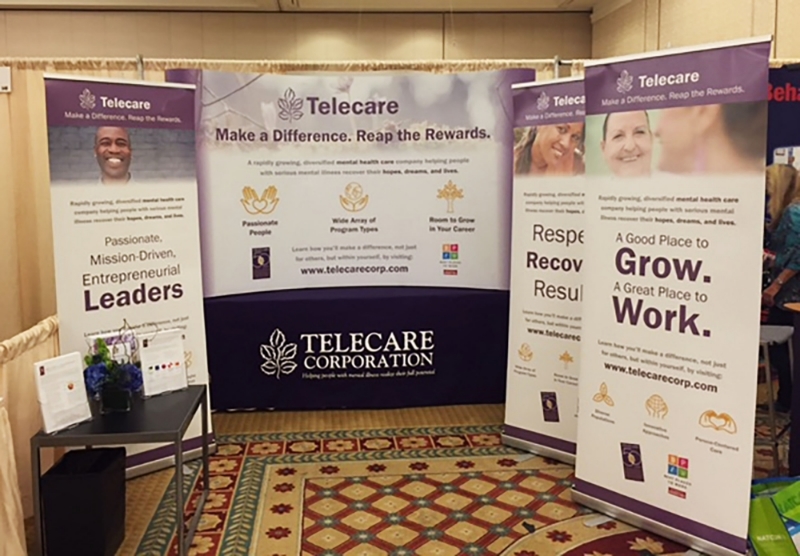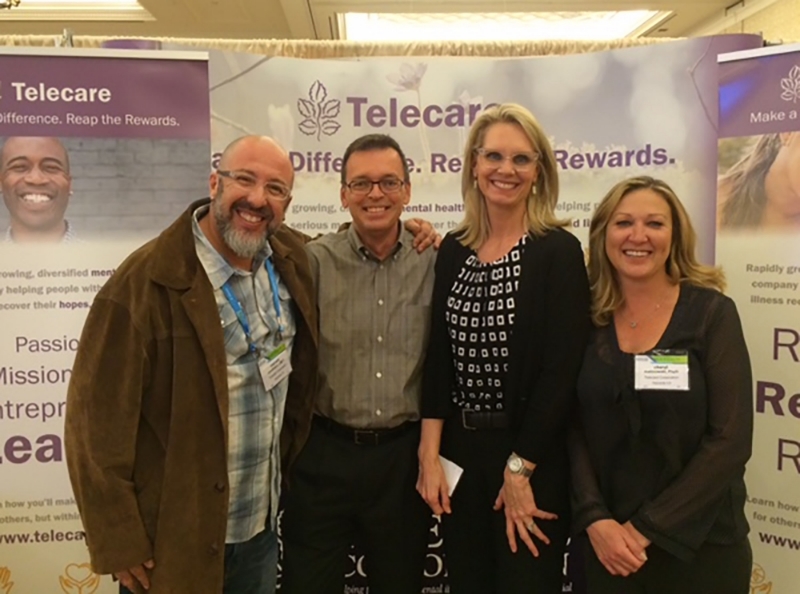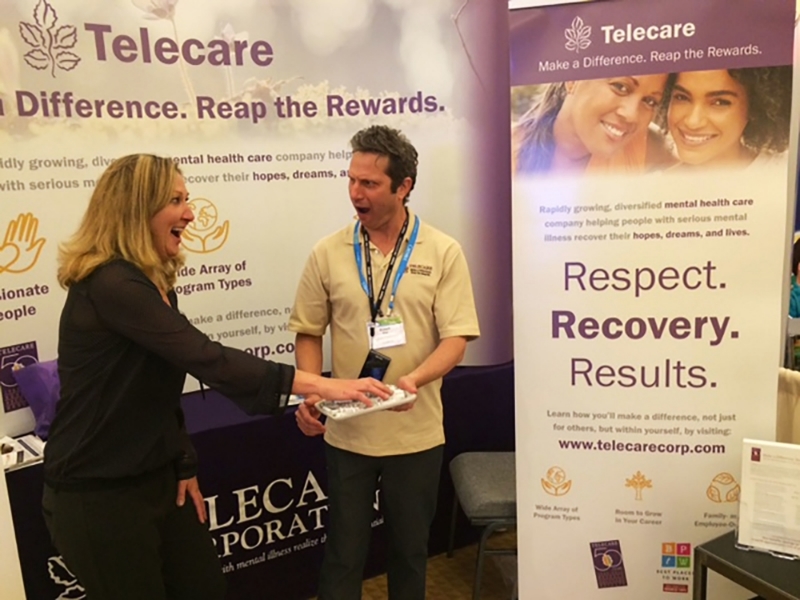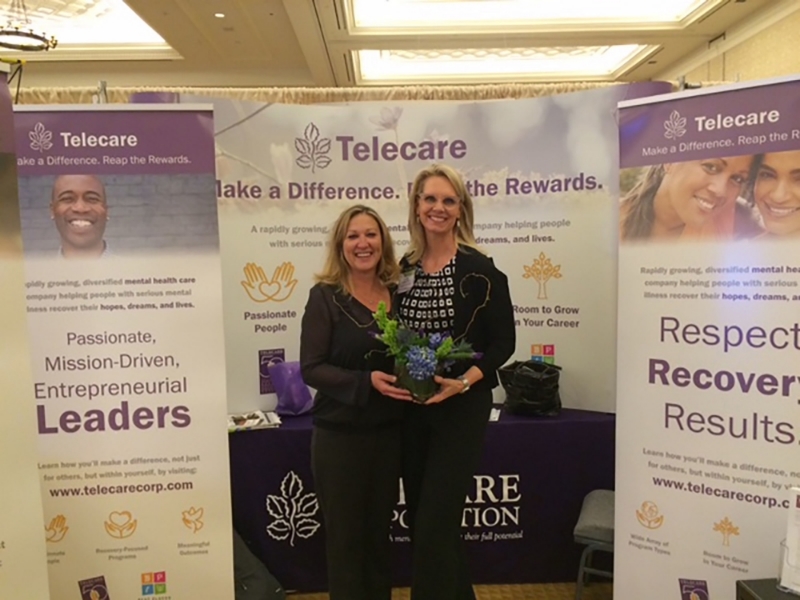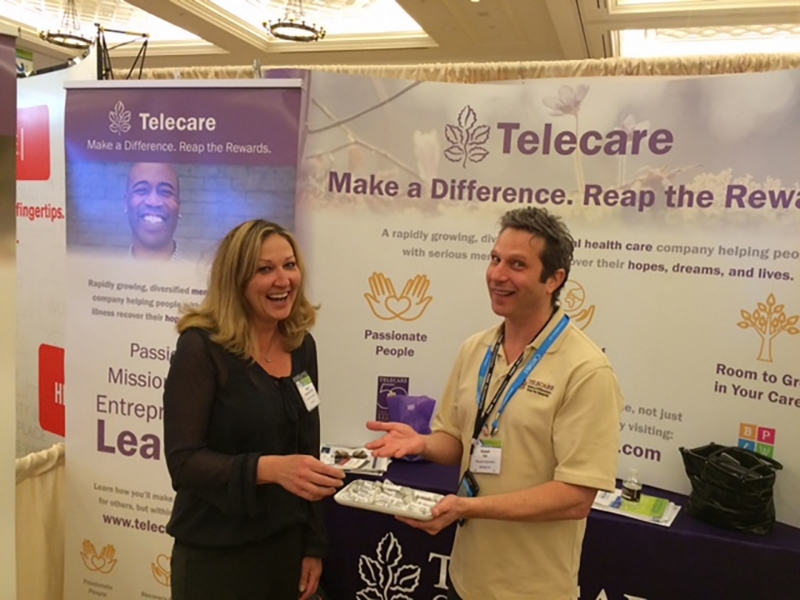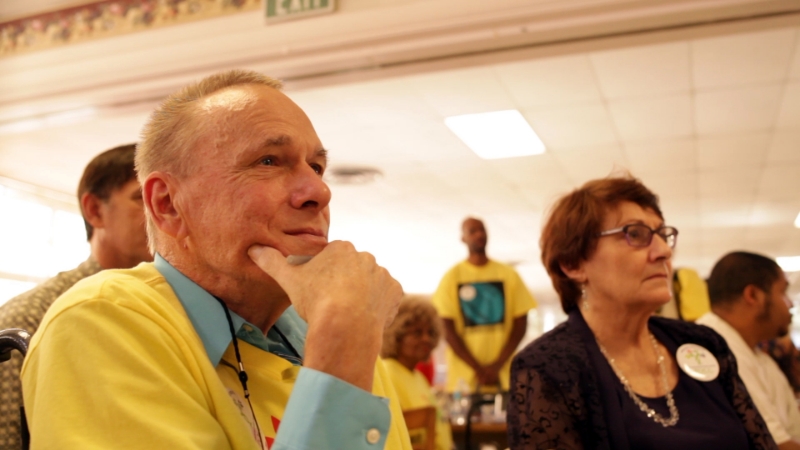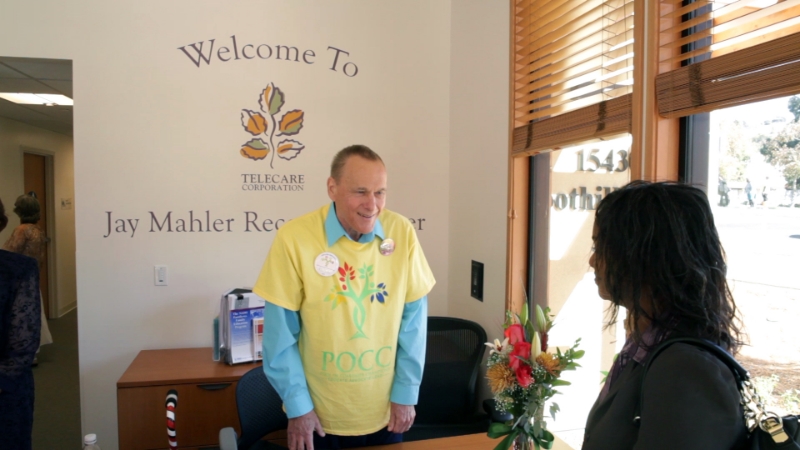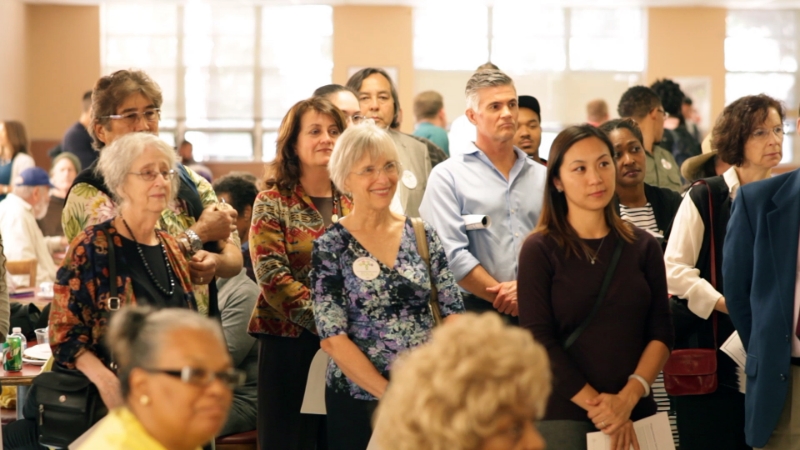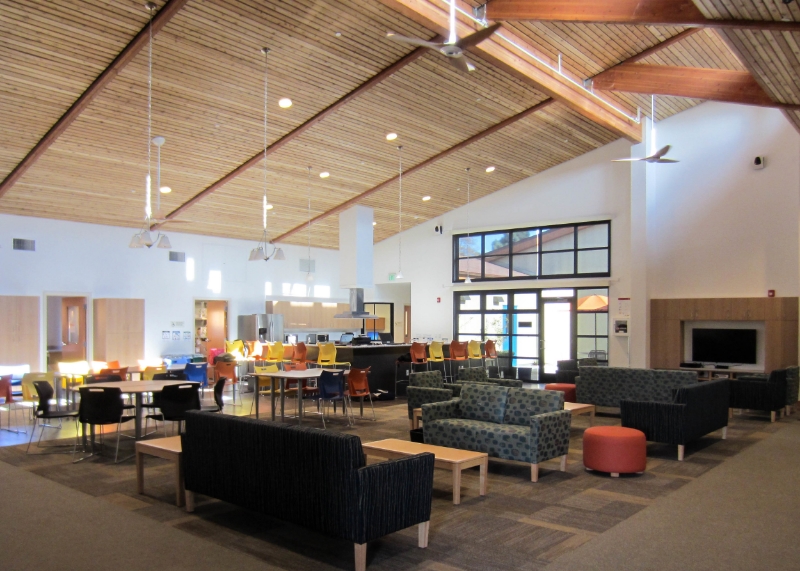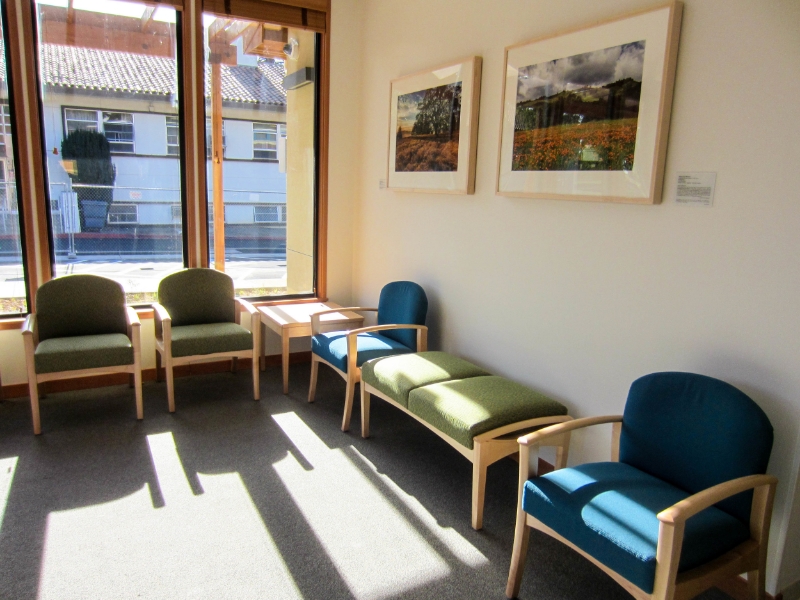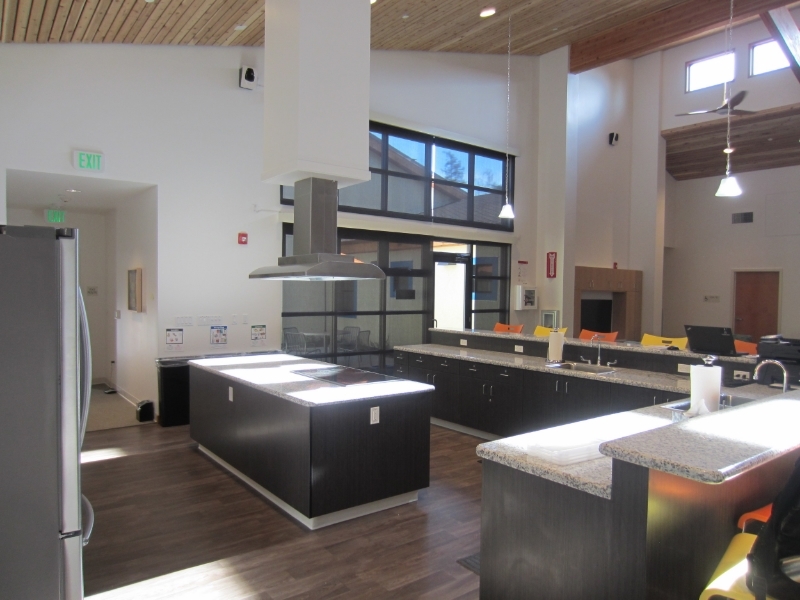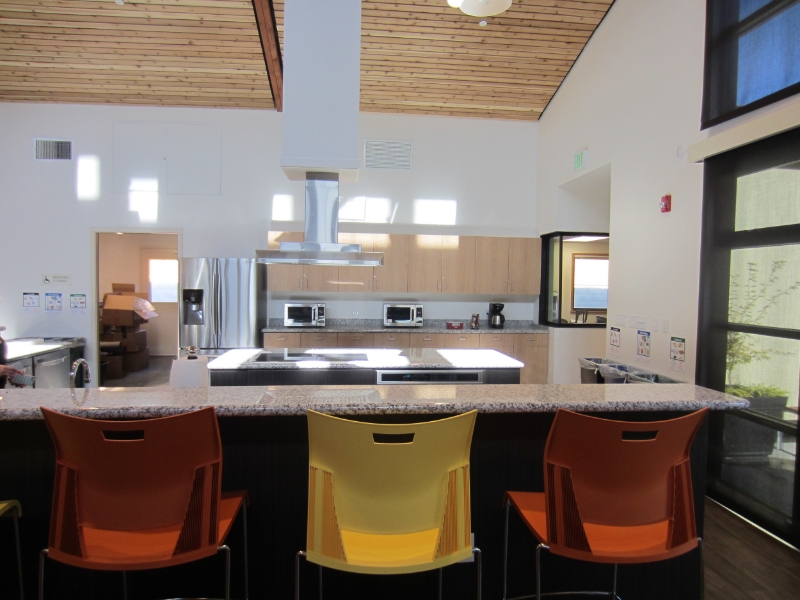Telecare is pleased to announce that we will be opening three new programs in the coming months. We are beginning recruitment efforts now for leadership positions. If you'd like to learn more about career opportunities at these programs or Telecare in general, please contact Robert Klar, Director, Talent Acquisition and Workforce Planning, at rklar@telecarecorp.com.
San Diego County, CA
On March 28, 2016, Telecare opened a brand new Laura's Law-based program in partnership with San Diego County Behavioral Health Services. The 114-member, ACT-based program will serve individuals who are eligible for services under Laura's Law guidelines for Assisted Outpatient Treatment (AOT).
Thurston & Mason Counties, WA
Telecare was recently awarded the contract to operate a county-owned 10-bed triage/evaluation and treatment facility in western Washington state. The customer is currently Thurston Mason Regional Support Network, a behavioral health organization that covers both counties.
Santa Clara County, CA
The Telecare-Santa Clara Bridge of Hope program, Santa Clara's Pay for Success initiative, will be a Full Service Partnership (FSP) and intensive case management program, providing services to 175 members in downtown San Jose. The program is scheduled to open in mid-June 2016. Telecare is partnering with both Santa Clara County and Third Sector Capital Partners to develop the project plan.
Ventura County, CA
Telecare was also awarded a contract to operate a county-owned, locked Mental Health Rehabilitation Center (MHRC) called Horizon View. The program is a 16-bed facility located in Camarillo, California. Subject to construction timeline completion, Telecare is expected to begin managing the facility in August 2016. Our customer is Ventura County Behavioral Health Department (VCBH).
Clinical Director Opportunities – Martinez and San Leandro, CA
Interested in flexing your skills as a leader, a clinician, and creator of an outstanding workplace and recovery environment? If so, we would love to connect.
Telecare's leadership team is growing in Northern California!
Telecare’s Hope House and Jay Mahler are both crisis residential programs that provide support to clients who require crisis support to avoid hospitalization, or are discharging from the hospital or long-term locked facilities, and need step-down care to successfully transition back into their community. The clinical director positions are especially exciting since both of these programs are new to Telecare!
As a clinical director, you will have the opportunity to guide a team using psychiatric rehabilitation principals and Telecare's recovery philosophy, provide clinical and administrative supervision, and coach and educate team members with appropriate support to ensure courteous, helpful, and respectful services to program consumers.
Telecare's clinical directors must be seasoned as an LMFT, LCSW, or Psy.D. If you or someone you know is interested in learning more, please visit our website (www.telecarecorp.com/careers; Job ID: 20133807 for Hope House in Martinez, CA –OR- Job ID: 20133530 for Jay Mahler in San Leandro, CA) to see a job description. You can also contact Victoria LeBruno, Regional Recruitment Manager for Northern California, to talk about the opportunity at vlebruno@telecarecorp.com.
